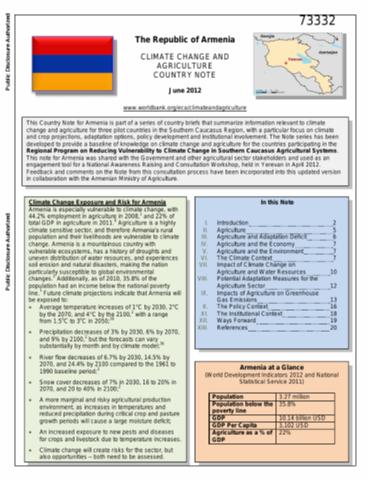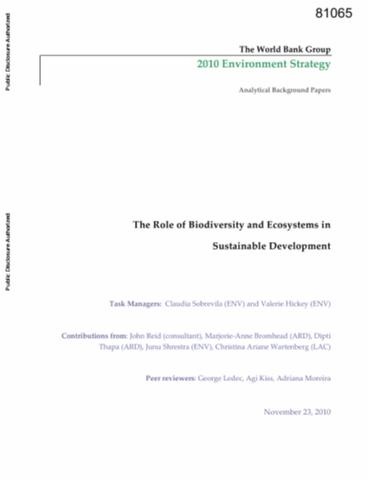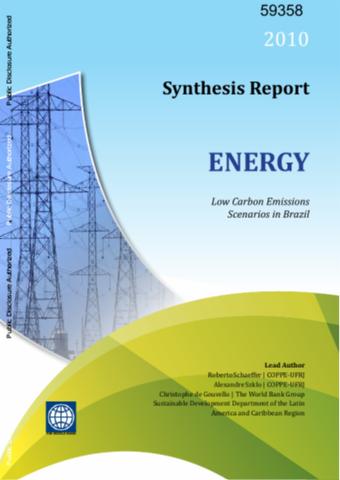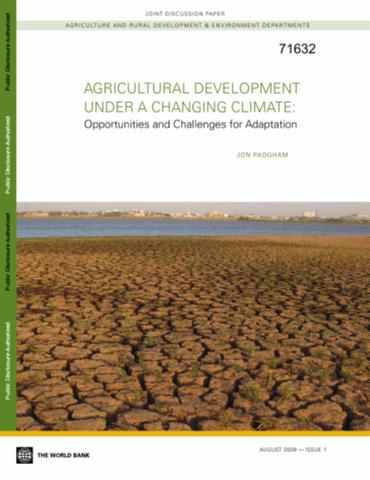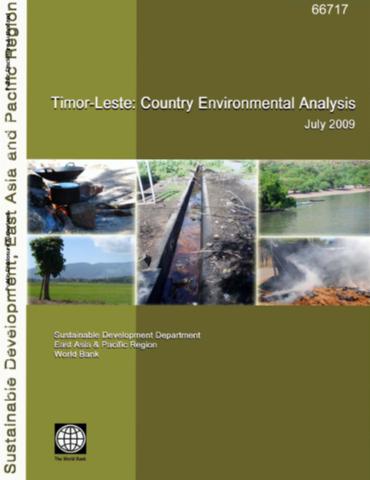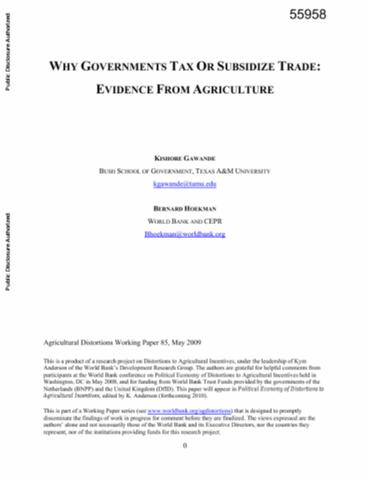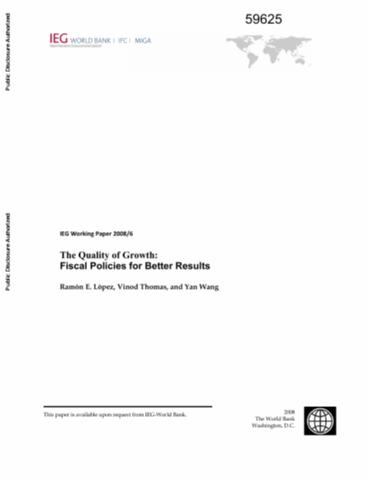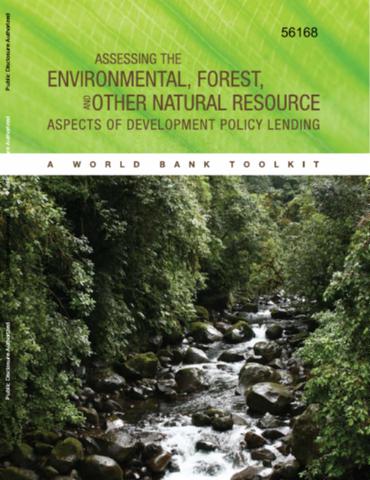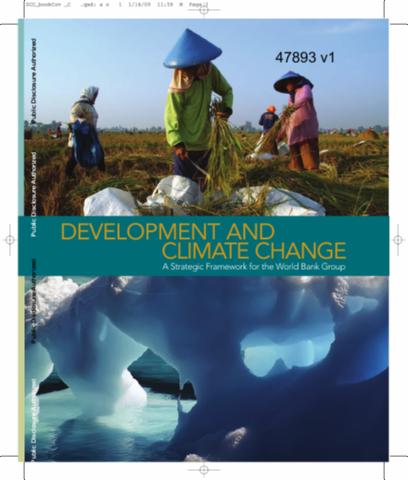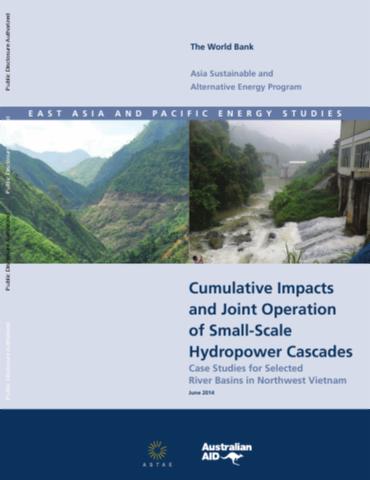The Republic of Armenia Climate Change and Agriculture Country Note
This country note for Armenia is part of a series of country briefs that summarize information relevant to climate change and agriculture for three pilot countries in the Southern Caucasus Region, with a particular focus on climate and crop projections, adaptation options, policy development and institutional involvement. The note series has been developed to provide a baseline of knowledge on climate change and agriculture for the countries participating in the regional program on reducing vulnerability to climate change in Southern Caucasus Agricultural systems.

